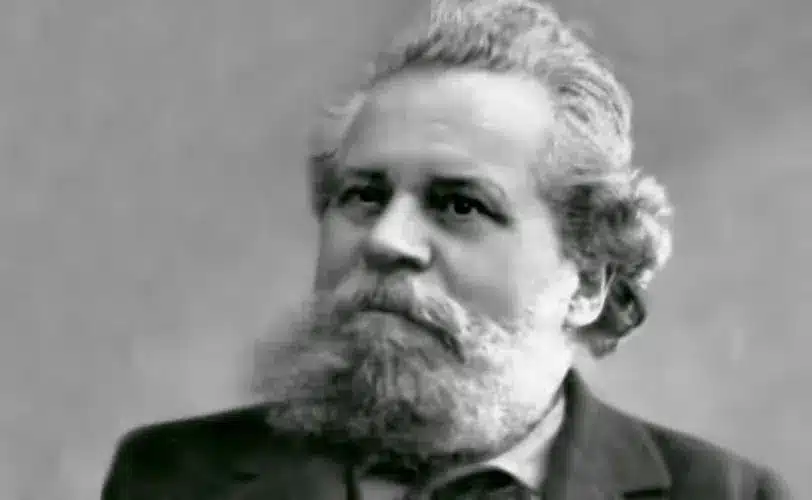Giosue Carducci: Italy’s Poetic Voice of Liberation and National Identity

Giosue Carducci (27 July 1835 – 16 February 1907) was an Italian poet, writer, literary critic, and teacher. In 1906, he won the Nobel Prize in Literature. He was one of the most important figures in Italian literature during the second half of the 19th century and is often considered one of the founders of modern Italian literature.
Life and Career
Giosue Carducci was born on 27 July 1835, in Valdicastello, Tuscany. He studied at Pisa University, where he was exposed to the ideas of the Romantic movement and began writing poetry. He became a professor of Italian literature at Bologna in 1860. He was made a senator for life in 1890 and regarded as a national poet by the Italians.
Carducci started writing poetry when he was a kid. His first two collections were Rime (1857) and Levia Gravia (1868). Both show his love for the ancients and his imitation of them, as well as his strong revolutionary streak. The most famous poems of Carducci are Rime nuove (1887; The New Lyrics) and Odi Barbare (1877; The Barbarian Odes): the landscape of Maremma and the memories of childhood; the lament for his only son; the representation of great historical events; and his attempt to bring back Roman glory and classical happiness.
Carducci’s poetry is known for its strong classical and historical themes and its use of traditional forms such as the sonnet and the ode. His writing often reflects his interest in Italian history and the struggle for Italian unification, as well as his skepticism towards religion and the supernatural. Carducci’s work had a significant impact on the development of Italian literature and culture, and he is considered a major figure in the literary movement known as the Scapigliatura. In addition to his poetry, Carducci wrote prose works on literary criticism, history, and politics. He is still widely read and studied in Italy today. He died on 16 February 1907, in Bologna, Italy
Award and Legacy
He was awarded the Nobel Prize in Literature in 1906.
Observer Voice is the one stop site for National, International news, Sports, Editor’s Choice, Art/culture contents, Quotes and much more. We also cover historical contents. Historical contents includes World History, Indian History, and what happened today. The website also covers Entertainment across the India and World.
Follow Us on Twitter, Instagram, Facebook, & LinkedIn

